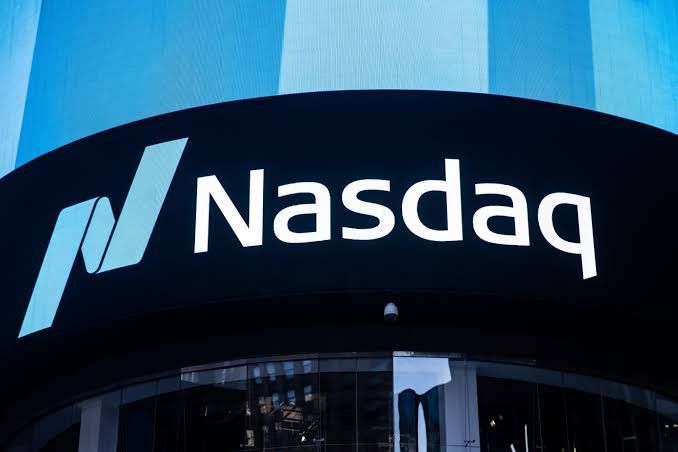The Securities and Exchange Commission (SEC) has received a formal proposal from Nasdaq to introduce stock trading via tokenized securities.
If this effort moves forward, it will be the first time a major U.S. stock exchange gives investors the opportunity to trade listed equities and exchange-traded products as blockchain-based assets in addition to the well-known digital format.
The new proposal, submitted on September 8, seeks to change Nasdaq’s market rules to allow for the traditional or tokenised trading of stocks and ETFs.
Digital representations of ownership in physical assets, such as stocks, bonds, and more, that are safely stored on a blockchain are known as tokenised securities. Nasdaq aims to modernise market settlement and ownership tracking by leveraging distributed ledger technology, thereby increasing investor accessibility, liquidity, and transparency.
As with traditional securities, Nasdaq anticipates that investors will have the same significant rights and benefits. In addition to lowering operational risks and possibly lowering costs for market players, tokenisation might streamline and expedite the purchasing, selling, and transferring of stocks.
How Nasdaq Tokenized Stock Trading Would Work
If the SEC approves Nasdaq’s proposal, investors could opt to buy and sell shares of companies like Apple or Microsoft in a tokenized format, with trades settling directly on the blockchain.
Nasdaq has pledged that tokenized stocks will trade alongside traditional shares “on the same order book and in accordance with the same execution priority rules,” meaning neither option will have an execution advantage over the other.
Trades would clear through the Depository Trust Company (DTC), which is actively building the necessary infrastructure for digital settlement. Nasdaq projects that U.S. investors could see the first token-settled trades as soon as late 2026, pending regulatory approval and full system deployment.
The proposal aligns Nasdaq alongside other Wall Street and tech heavyweights eager to capitalize on digital innovation. Companies such as Coinbase have applied to offer tokenized equities, and international banks like Citi and Bank of America are actively exploring stablecoins and tokenization.
Recent moves by rival exchanges and brokers to offer tokenized U.S. stocks in Europe further demonstrate the global appetite for these new investment vehicles, though Nasdaq stressed the need for higher standards and genuine share ownership.
READ MORE: XRP Price Prediction: Key Ripple Catalyst Could Trigger a Surge















